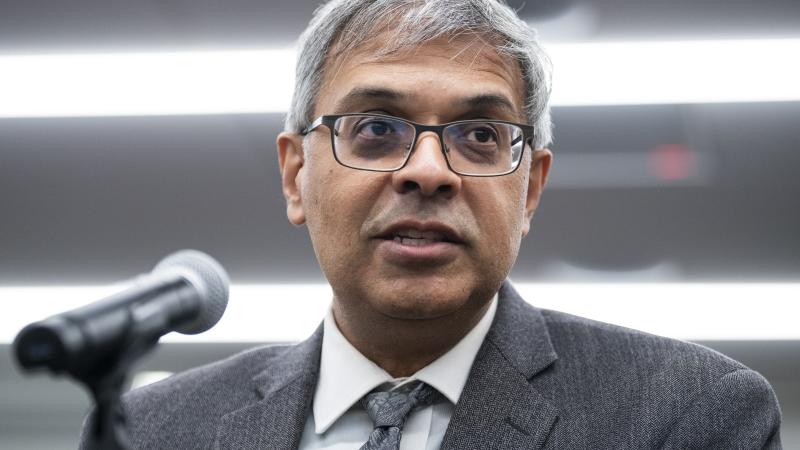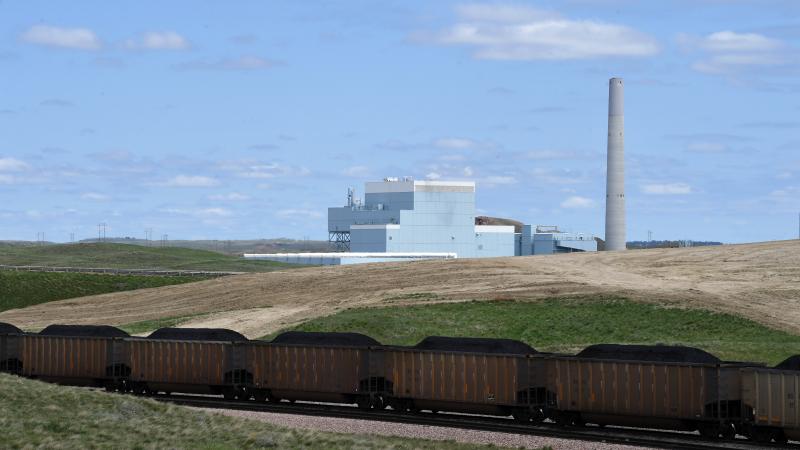White House drug expert urges next administration to remain committed to solving US overdose crisis
The Biden administration has increased access to naloxone, which helps reverse the effects of a drug overdose, and deployed drug detection devices at the U.S. southern border.
White House Office of National Drug Control Policy Director Rahul Gupta on Thursday called for the next presidential administration to remain committed to combatting the ongoing opioid crisis in the United States.
Fatal overdoses have been on the rise in the U.S. since the early 2000s, but have become an even bigger issue since the COVID-19 pandemic. Synthetic opioids like fentanyl caused nearly 200,000 deaths in 2020 and 2021, according to the Centers for Disease Control and Prevention (CDC).
The number of fatal overdoses decreased in 2023, and appears to be continuing to decrease in 2024, which Gupta implied was because of steps the Biden administration has taken to address the crisis.
“The progress that has been made requires continuous commitment, a commitment of will, a commitment of resources and a commitment to following evidence-based practices in to continue to make this progress,” Gupta told The Hill.
“We have no time to waste. Anything different will not be able to prevent more deaths from happening," he added.
The Biden administration has increased access to naloxone, which helps reverse the effects of a drug overdose, and has deployed drug detection devices at the southern border.
The comment comes shortly after the White House urged Congress to pass its "counter-fentanyl" proposal, which would increase penalties on drug traffickers that smuggle fentanyl into the country and increase funding for border officials to help seize more drugs.
Misty Severi is an evening news reporter for Just The News. You can follow her on X for more coverage.















